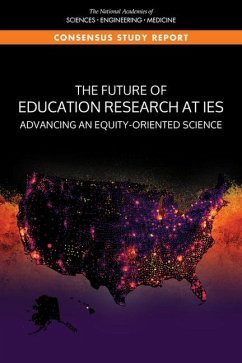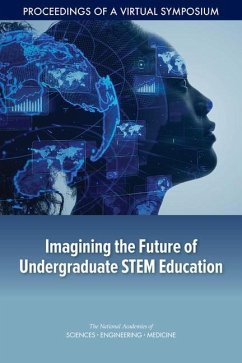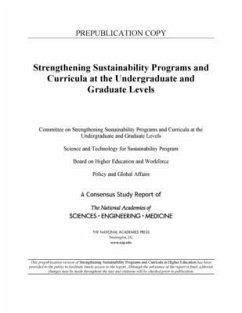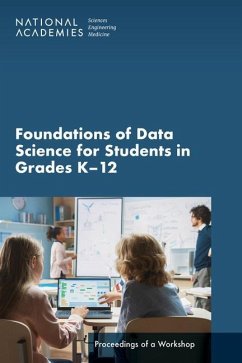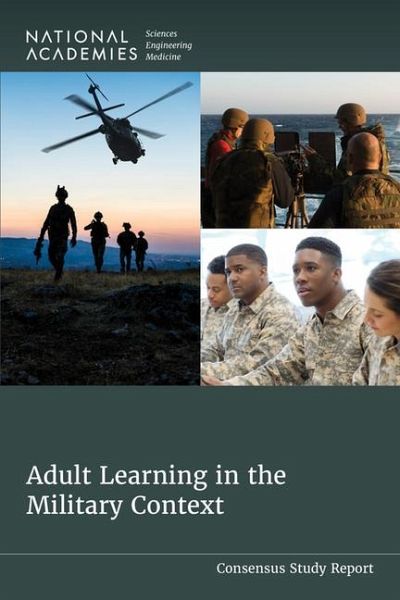
Adult Learning in the Military Context
Versandkostenfrei!
Versandfertig in über 4 Wochen
31,99 €
inkl. MwSt.

PAYBACK Punkte
16 °P sammeln!
As the largest U.S. employer, the Department of Defense (DoD) is a major provider of training and development. Given the complex and increasingly unpredictable operational landscape within which the military operates across land, sea, air, cyberspace, and space, continuous learning is vital in the military. Military learners must acquire diverse skills, from communication to using advanced technology, and retain those skills for use when necessary. Success in learning - and the ability to retain and transfer what is learned to military missions - is directly linked with military innovation, op...
As the largest U.S. employer, the Department of Defense (DoD) is a major provider of training and development. Given the complex and increasingly unpredictable operational landscape within which the military operates across land, sea, air, cyberspace, and space, continuous learning is vital in the military. Military learners must acquire diverse skills, from communication to using advanced technology, and retain those skills for use when necessary. Success in learning - and the ability to retain and transfer what is learned to military missions - is directly linked with military innovation, operational success, and the success of our nation. Adult Learning in the Military Context examines motivations shaping learning, contextual and equity factors, emerging learning technologies, effective approaches to assessment, and provides a research agenda. This report highlights that adult learners are most motivated when learning aligns with personal goals but notes that military structures may limit autonomy, potentially impeding motivation. Effective learning contexts are active, interactive, and adaptable, but the use of systematic needs assessments in the military are unevenly implemented. Different stress responses, factors associated with diversity, equity, inclusion, and instructor support can affect learning and performance meaningfully. Technology-enabled learning has established principles that can enhance learning outcomes at scale, but a holistic systems approach is needed rather than treating each learning experience in isolation, even as new technologies like generative AI create additional opportunities. Finally, improved, unbiased assessments are essential for evaluating competencies that may be increasingly important in the future, like adaptability and creativity. The research agenda highlights key areas for researchers to prioritize.



